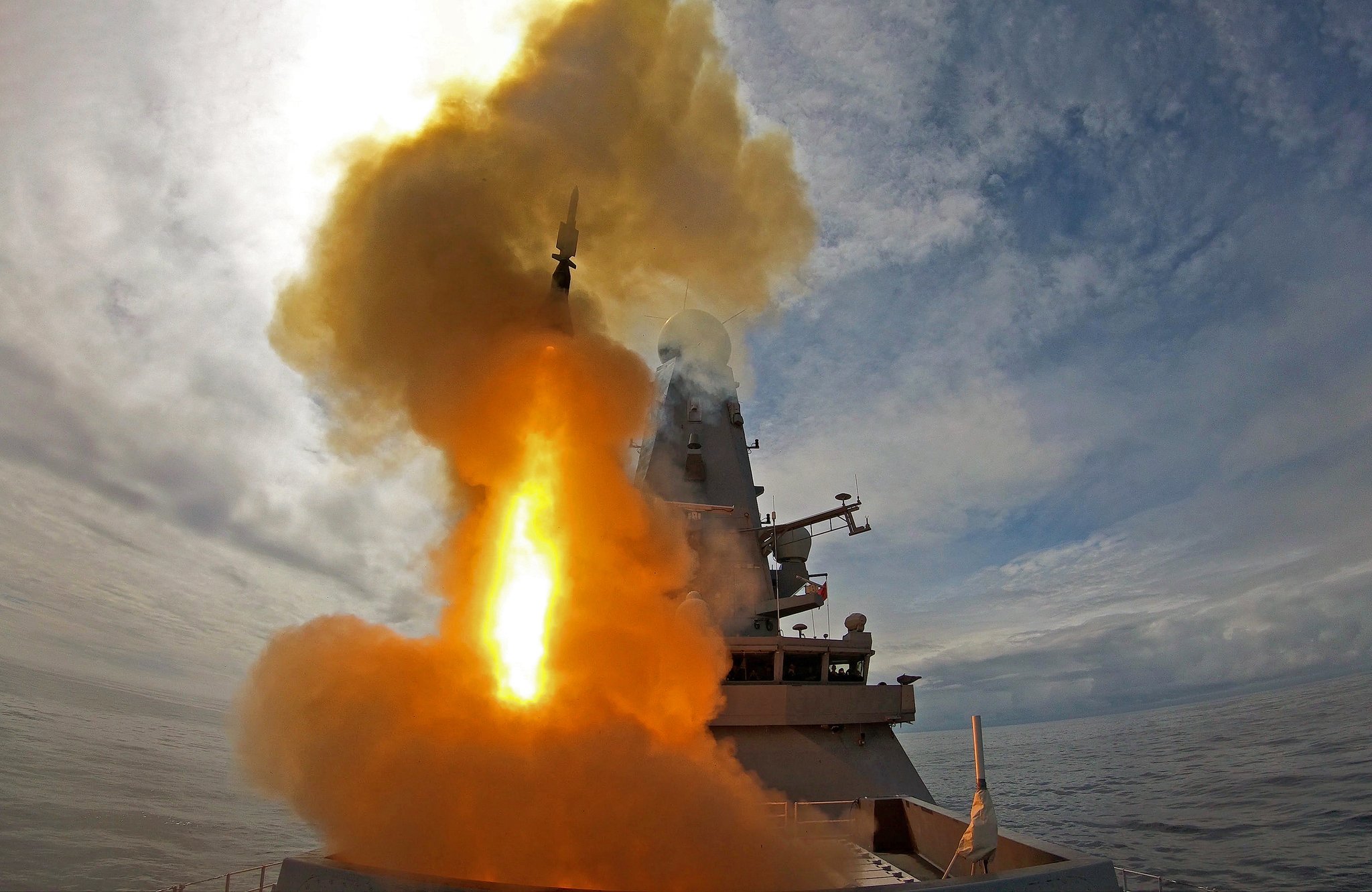HMS Cardiff breaks cover...
I can confirm, having driven passed the shipyard, that both front & rear sections of HMS Cardiff are now out on the concrete, have been aligned & are getting ready to weld the x2 sections together. I expect that that will take us towards the end of the year, when they will also likely fit the foremast section.
HMS Cardiff should hopefully be the last ship that this happens with, as with the deepwater berth at the shipyard now filled in & piling operations underway, the new manufacturing hall should be ready in about 18 months / towards the end of 2024...
...& from them that haven't seen this...
New build hall at Govan shipyard
& here's another link with a short embedded video within the page, top help give some further context...
New build hall - in-situ perspective
...& a finally, a link with some of the latest images of the work taking place.
Build hall - Current state of play...
SA
Last edited:







